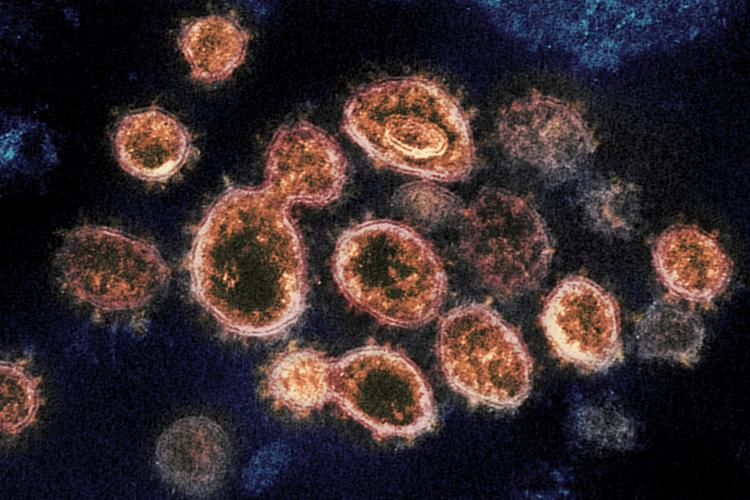Repurposing existing drugs could get us out of the current predicament, but it’s clear we need to prepare for more pandemics
By IMI Director Pierre Meulien

This month we announced a new funding call in reaction to the spread of the COVID-19. The process is being fast-tracked, just like the call for Ebola projects in 2014. These two calls arose due to sudden disease outbreaks of enormous consequence to public health, and we are proud of our ability to contribute to the global effort to fight these outbreaks.
However, there’s nothing unexpected about the emergence of these epidemics. Even though the exact source of COVID-19 has not been confirmed, we can already see how it fits into a larger context; the equilibrium between humans and the natural world is being upended. Just like climate change is likely behind extreme weather events, so deforestation, mass industrialisation and a growing population are the backdrop to the emergence and spread of diseases like COVID-19.
The right conditions for an epidemic
Every year, viruses jump from animals to the human population, including certain strains of influenza (such as H1N1 in 2009). The closer we live to animals, and the more densely populated human habitats become, the more of these ‘jumps’ we’re going to see. This is well known, and probably happens every day; Ebola, Marburg, SARS and MERS all emerged in this way. If the virus doesn’t survive the jump to humans, it might be because it doesn’t have the right receptor or other prerequisites enabling virus replication in human cells, but since these viruses are mutating all the time, it’s only a matter of time before a specific novel virus has all the necessary machinery for a successful human infection. How contagious and fatal this new virus is, will depend on a complex cascade of virus/host interactions which change dramatically with every zoonotic event.
The scientific community needs to get ready to respond regardless of where the next virus comes from. In that respect, two ongoing IMI projects now look particularly prescient: the ZAPI project was set up to deliver a platform and technologies to facilitate a rapid response to future disease outbreaks. In 2019, the project demonstrated that certain antibodies can stop the MERS coronavirus from infecting new cells, and they’re now assessing whether the antibodies could also be effective against SARS-CoV-2. COMBACTE-NET, part of the antimicrobial resistance programme, has set up a network of clinical and laboratory sites across Europe that has been mobilised to support global efforts to standardise the information gathered from patients with suspected or confirmed COVID-19.
Video: IMI launched a Call for projects worth €45 million to find treatments and tests for COVID-19
“There’s so much we don’t know”
We are aware that the industry potentially has clinically-ready assets originally developed to treat other viral diseases that could be repurposed for use against COVID-19. The public-private model lends itself well to this scenario because our pharma partners can be mobilised to share what they know, bring their existing assets to the table, and through collaboration with academia, accelerate the process in a way that is not possible when they’re working alone. There is little or no immediate commercial advantage, but it could validate platforms, technologies and manufacturing processes as test cases for future drug development.
This virus has made everyone on the alert because there’s so much we don’t know about it. The flu is different; despite the fact that it causes many deaths every year, we know what it is and where it comes from, and we have vaccines, diagnostic tests and other control mechanisms in place ,even though these change every year. With coronavirus and despite significant and useful knowledge regarding the virus shared very rapidly, there are still unanswered questions regarding this novel virus.
In the coming months, the scientific community will no doubt be able to answer more questions about the epidemiology and modes of transmission of the virus, and the story will gradually recede from the headlines. Meanwhile, the projects that will result from the IMI coronavirus call will outlast the news cycle, putting everything in place for the next outbreaks, wherever or however they may emerge.
